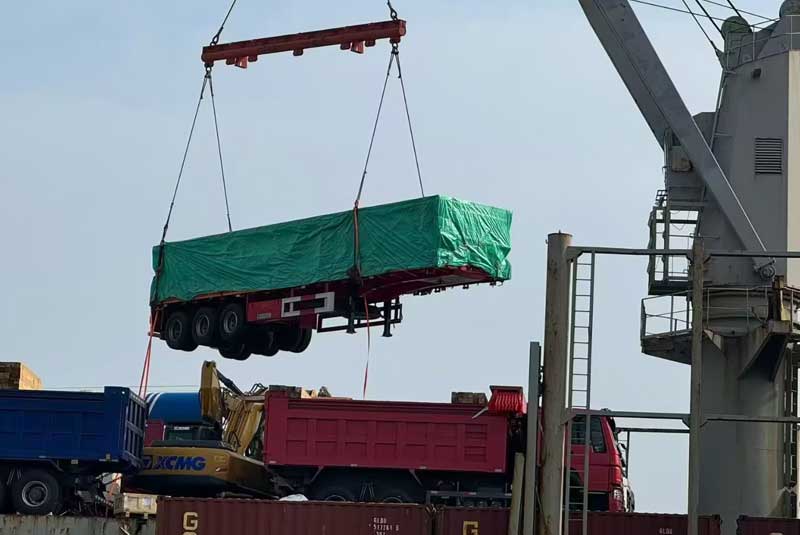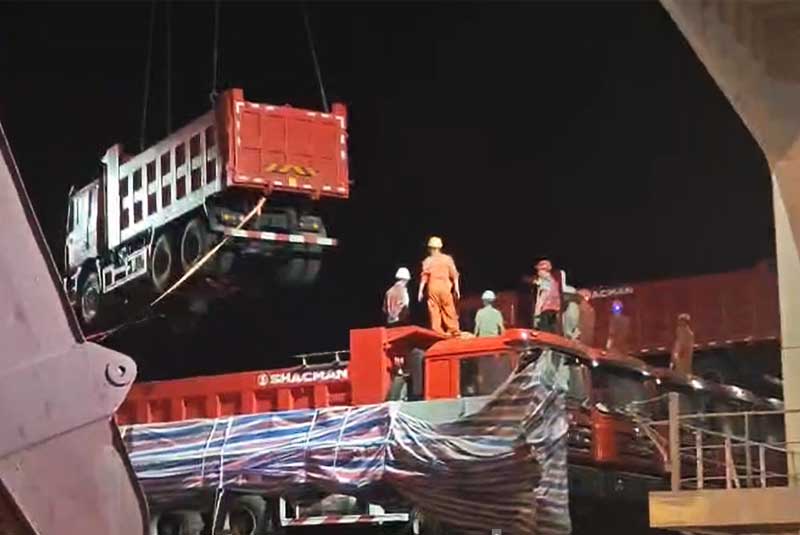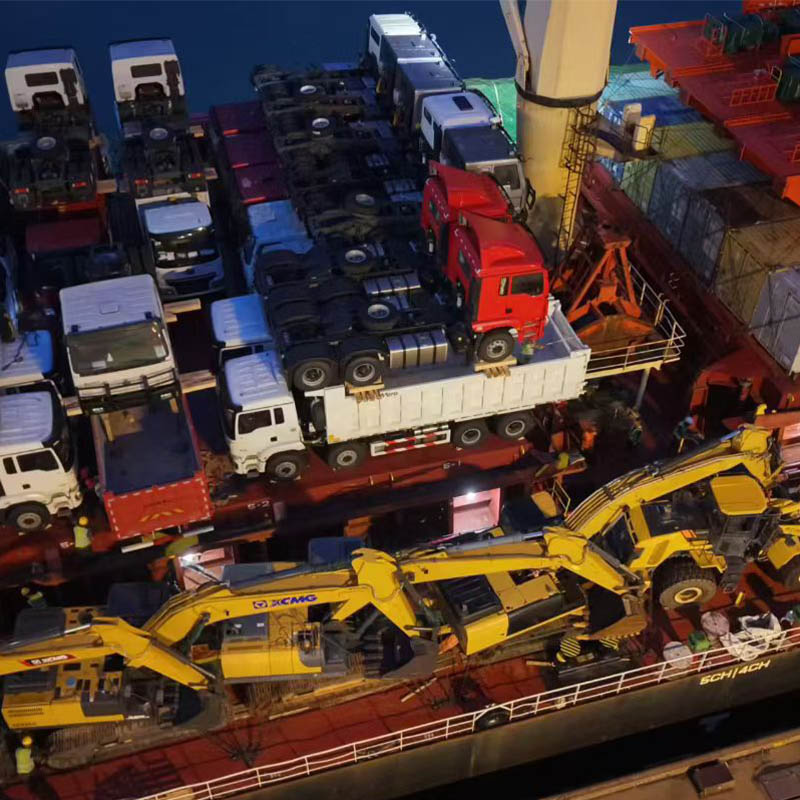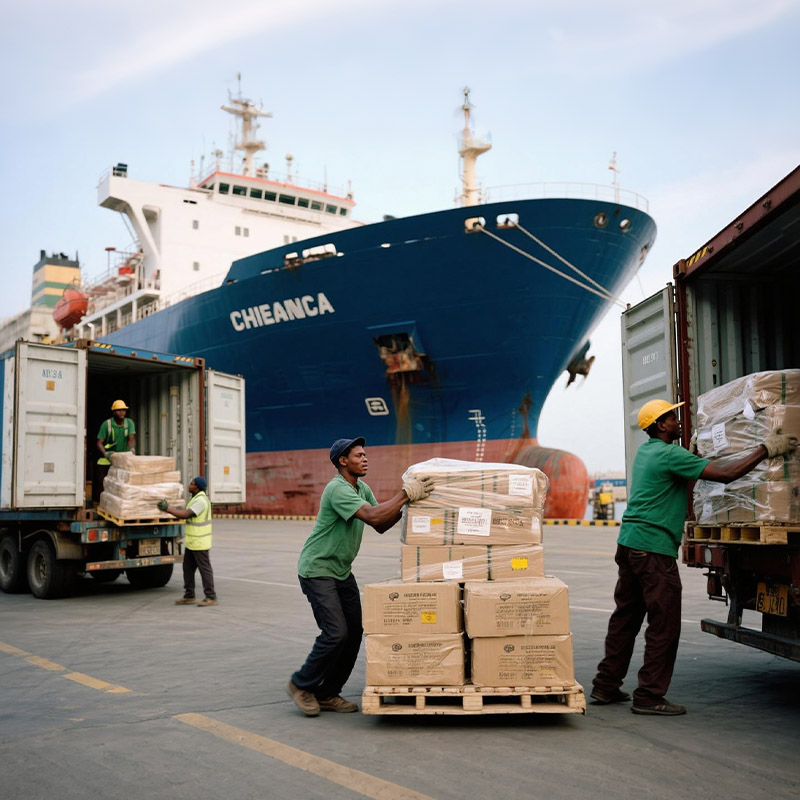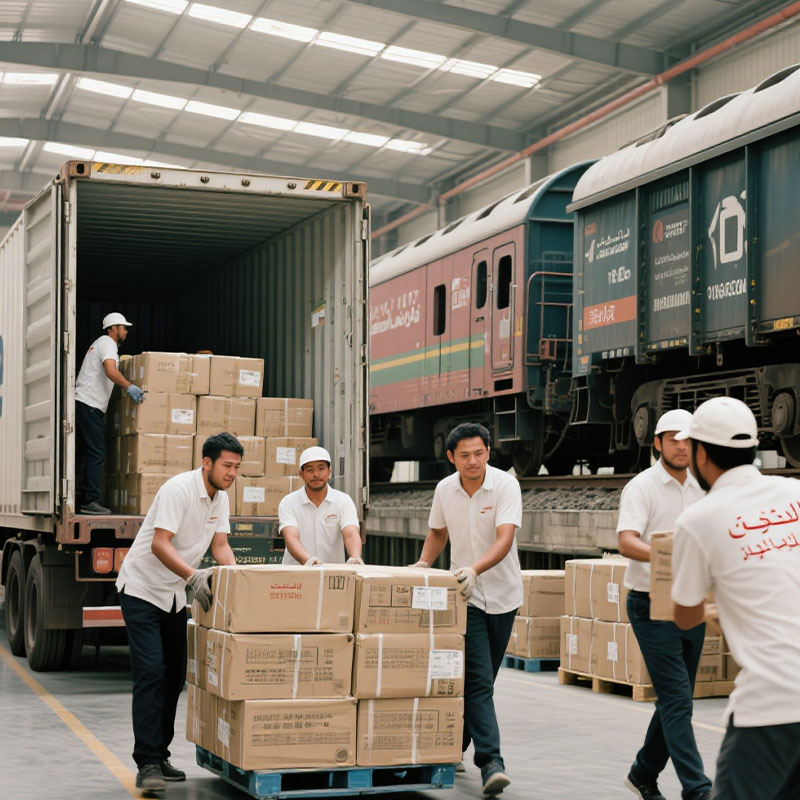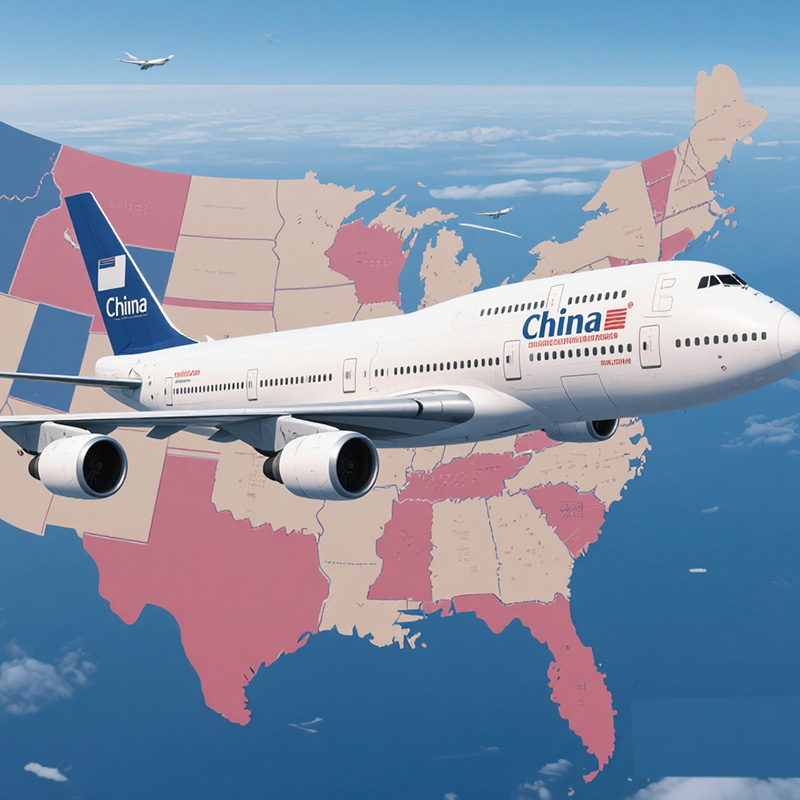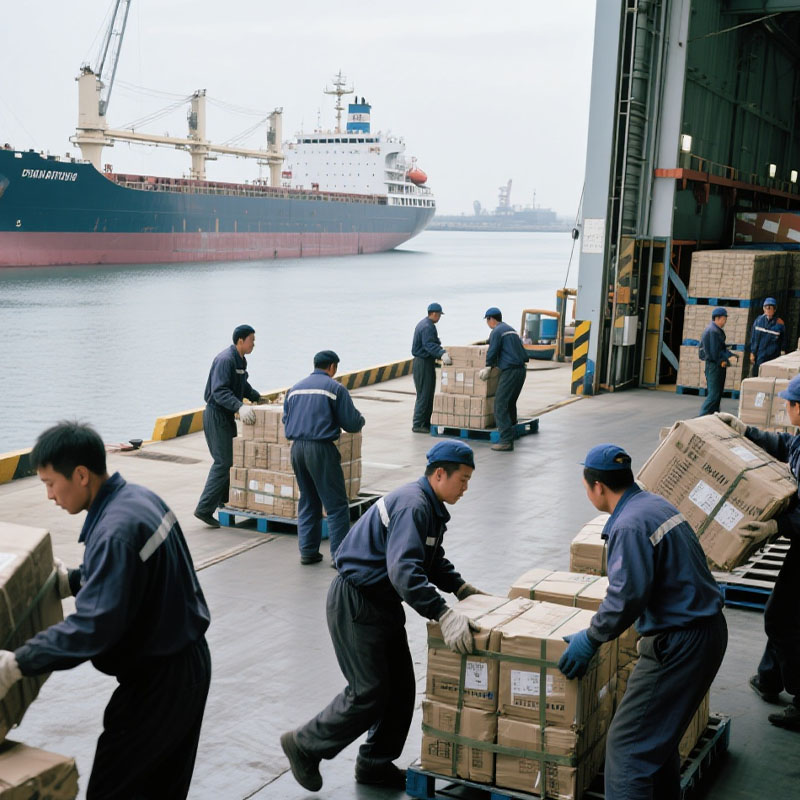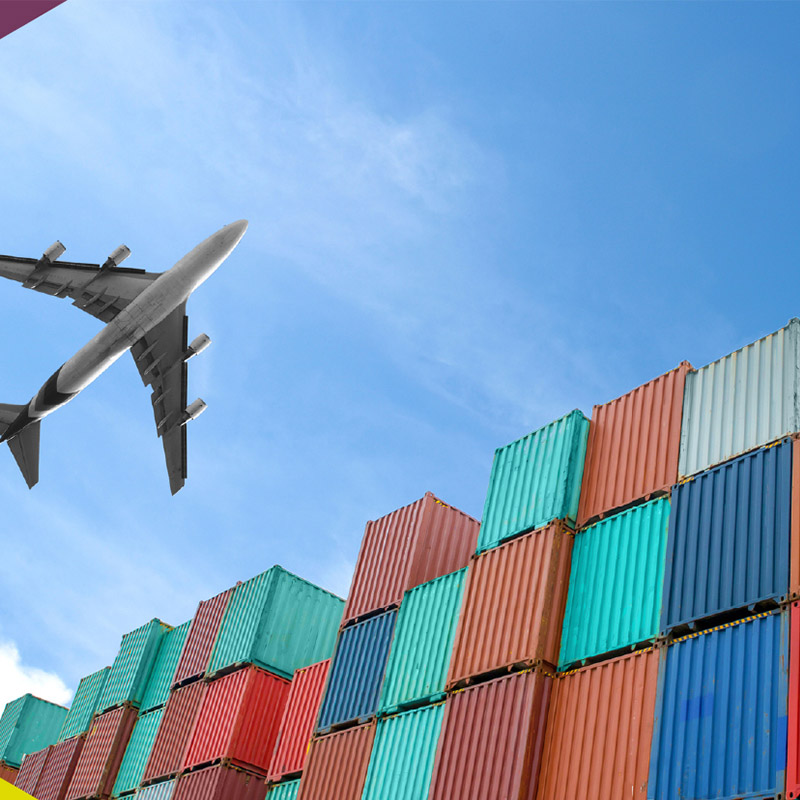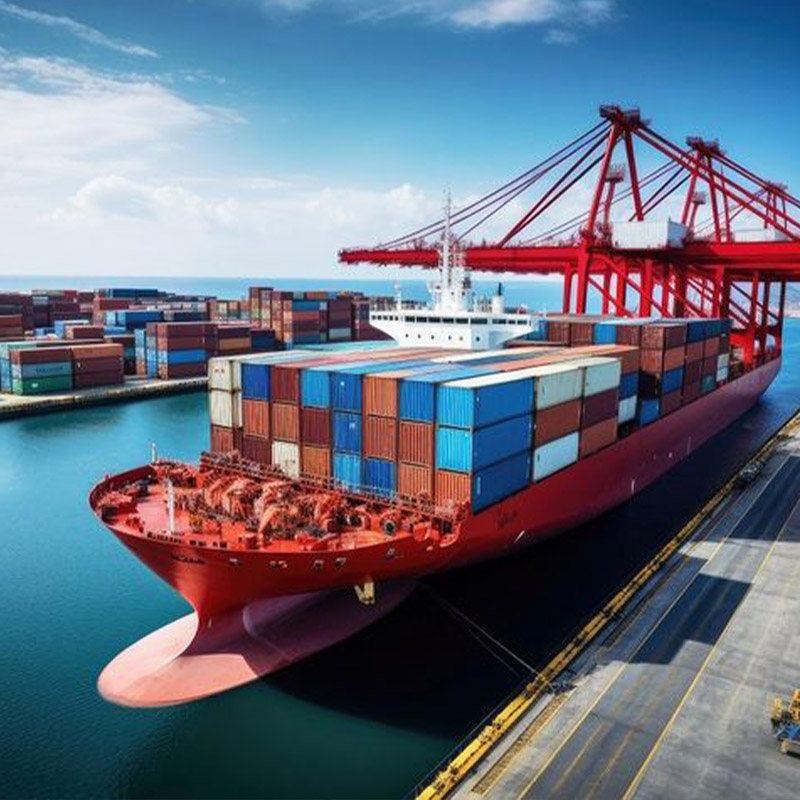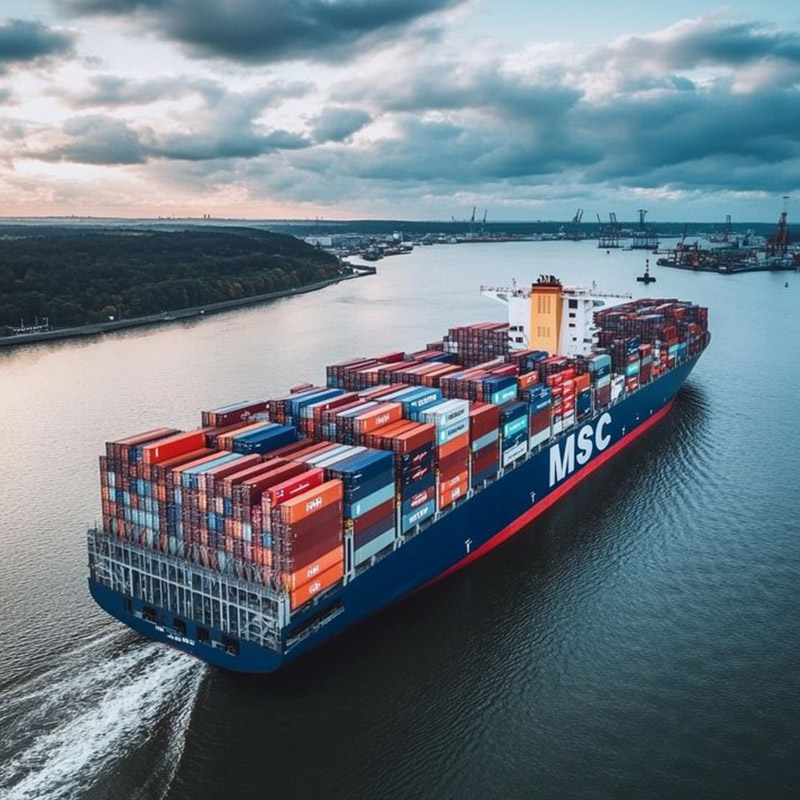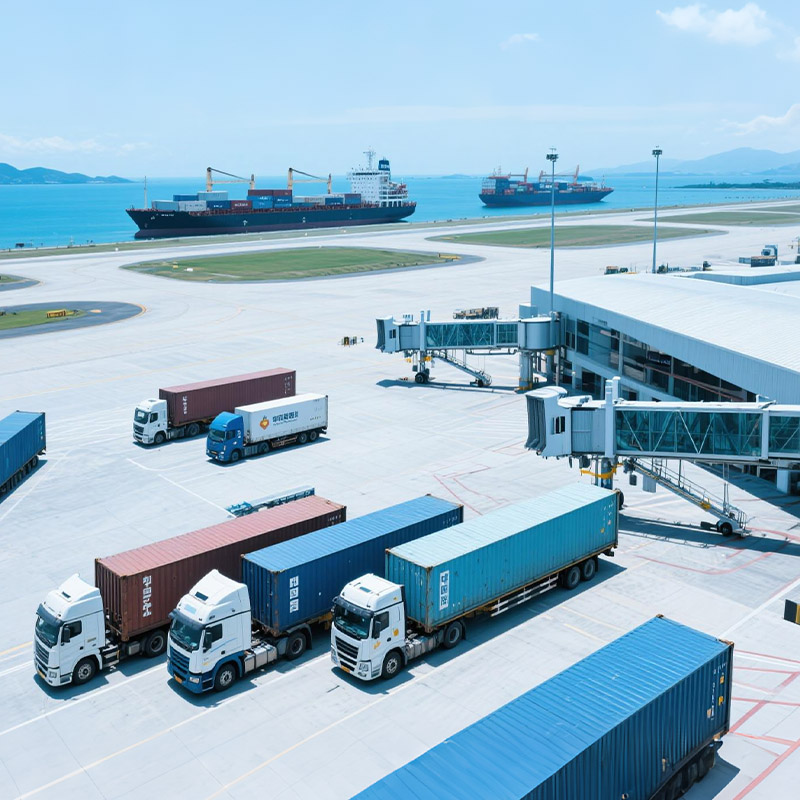According to an announcement issued by the Office of the United States Trade Representative (USTR) on April 17, 2025, the United States will begin imposing port service charges on maritime services provided by Chinese shipowners and operators, as well as operators using Chinese-built vessels, starting October 14, 2025.
While this charge may pose certain operational challenges to the company, COSCO SHIPPING Lines remains confident in its US shipping network and will continue to invest stable capacity and maintain consistent service quality, providing customers with reliable, safe, and high-quality logistics solutions.
At the same time, E-Chain Logistics will actively improve its product mix to adapt to the evolving needs of the US market and maintain competitive freight rates, surcharges, and other related policies that are in line with market levels.
E-Chain Logistics has long been deeply engaged in the US market and strictly complies with all US laws, regulations, and policies. It remains a trusted partner in promoting US import and export trade. The company will maintain resilience and determination, with a commitment to excellent service and a philosophy of delivering value, to steadily operate its US liner shipping business.
MSC also recently made a statement. In response to the new service fees imposed by the U.S. Trade Representative (USTR) on Chinese-built vessels calling at U.S. ports, effective October 14, MSC has signaled to customers that it will absorb the costs and will not impose additional charges.
Back in August, during a discussion on the supply chain outlook, Maersk executive Anders Sonesson, Head of Contract Product Management, North America, addressed the potential for additional charges at U.S. ports for Chinese vessels.
He stated, “The company does not intend to charge customers any surcharges to cover the additional costs associated with this measure.” Maersk is reportedly prioritizing cost-avoidance measures to mitigate the potential additional costs. Regarding these mitigation measures, Sonesson stated that since its global network remains unchanged, Maersk can easily deploy Chinese-built vessels on other trade routes.
He also added that other shipping lines and alliances may also implement similar mitigation measures. “We will not place any Chinese-built vessels on US routes if it costs millions of dollars to call at a US port,” he said. “I expect our other competitors and alliances will do the same.”
Regarding the potential additional costs, Thornesson continued that Maersk does not intend to charge customers any fees or surcharges related to the proposal. “It’s unrealistic to force shippers to bear costs they can’t control.” “It would be difficult for us to explain to customers why they should pay for loading on a Chinese-built vessel, and customers don’t actually have a choice about which ship to load their cargo on.”
Notably, IMC Logistics Chief Commercial Officer Kobza also commented on the proposal, saying, “This proposal could lead to vessel consolidation at ports, causing congestion.” “This congestion would have numerous downstream implications, impacting distribution centers, the trucking industry, and delays and turnaround times for trucks and rail at ports. Any time this congestion occurs, it increases costs and reduces supply chain reliability.”
A recent report in the Journal of Commerce further sheds light on MSC’s response. Mediterranean Shipping Company (MSC), the world’s largest liner company by capacity, said it has adjusted its US shipping network to account for the expected increase in US port charges for vessels built or operated in China. The company has signaled to customers that it will absorb the costs without incurring additional charges. MSC CEO Soren Toft stated in a client advisory this week that MSC has “proactively restructured its global vessel deployment network” in response to new regulations from the Office of the United States Trade Representative (USTR) that will take effect on October 14. The charges will be based on a vessel’s gross tonnage or the number of boxes carried, whichever is greater, and are estimated to increase costs by $300 to $600 per box. “This internal adjustment ensures we fully comply with US trade regulations while maintaining the reliability and efficiency of MSC’s services,” Toft said.








